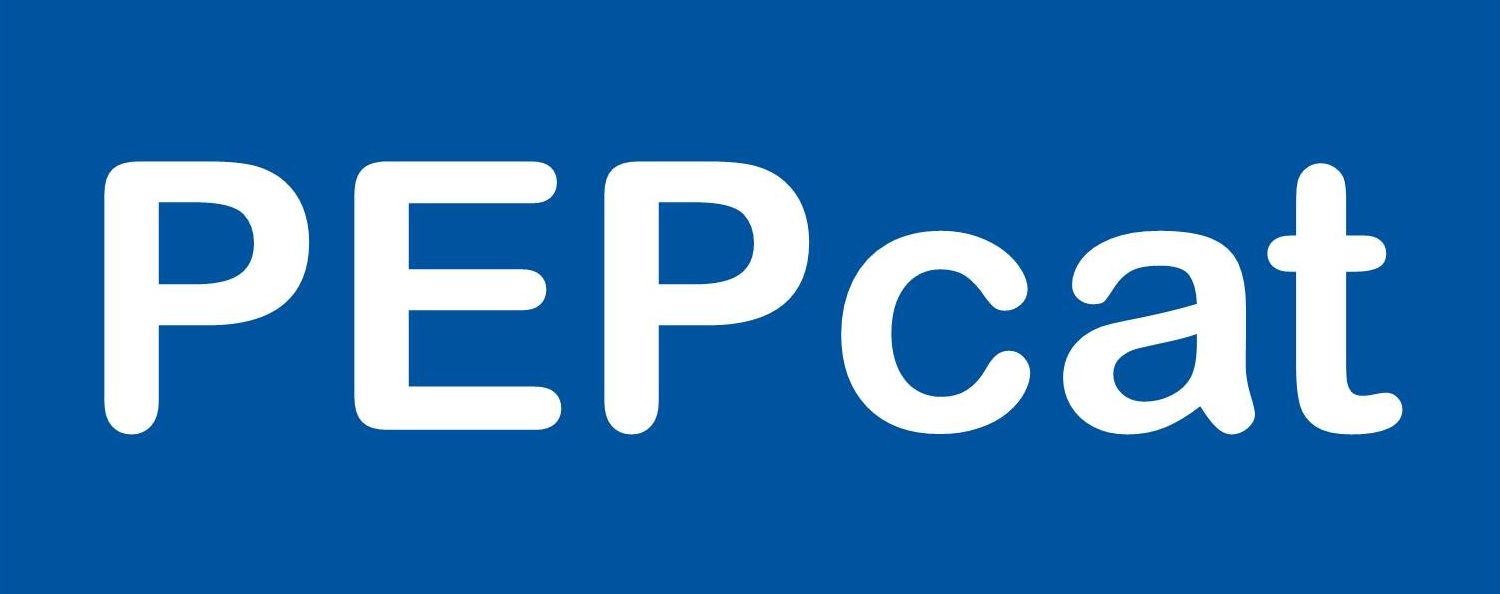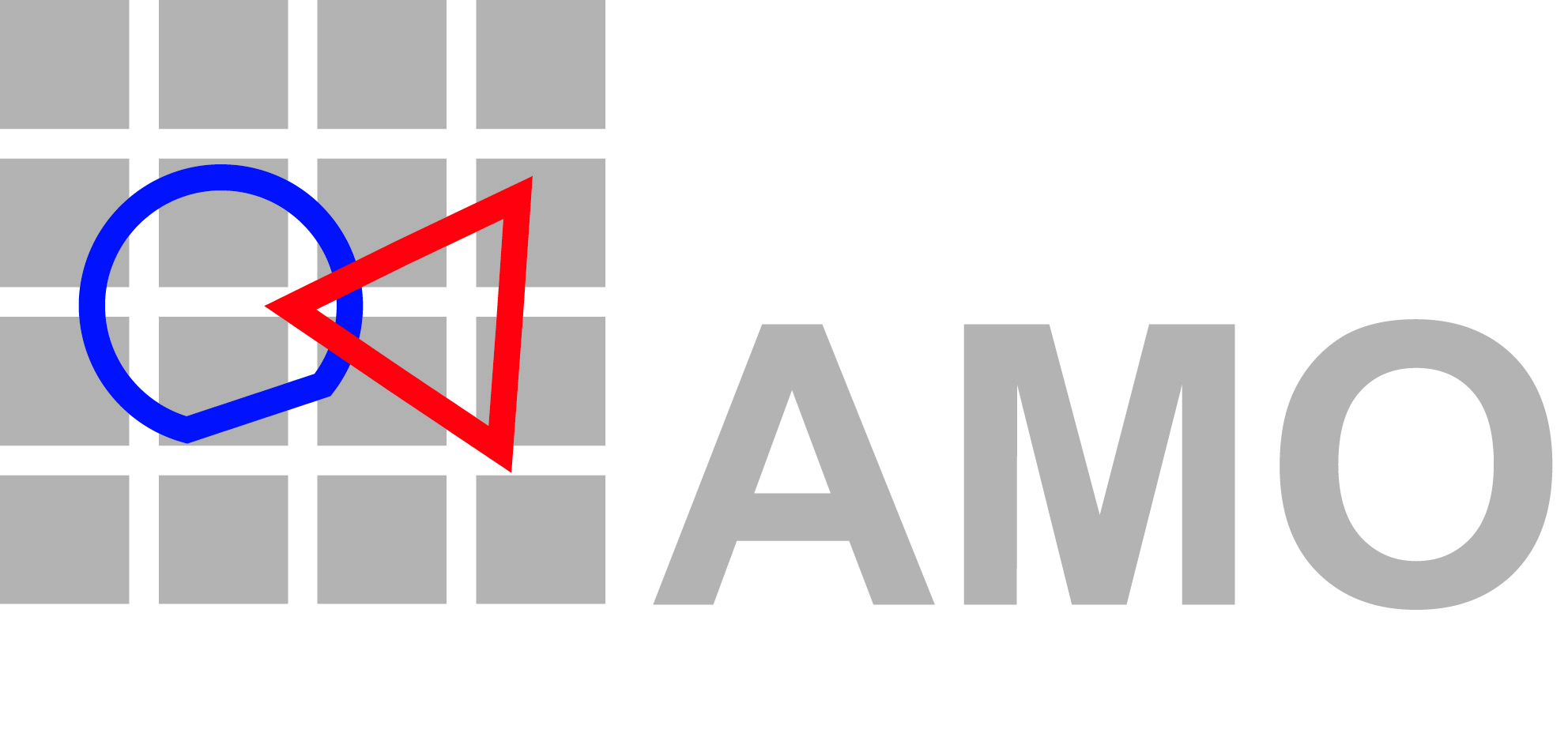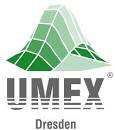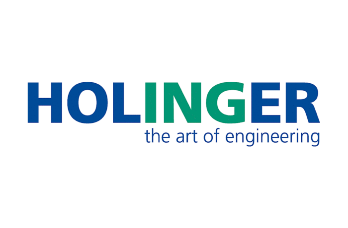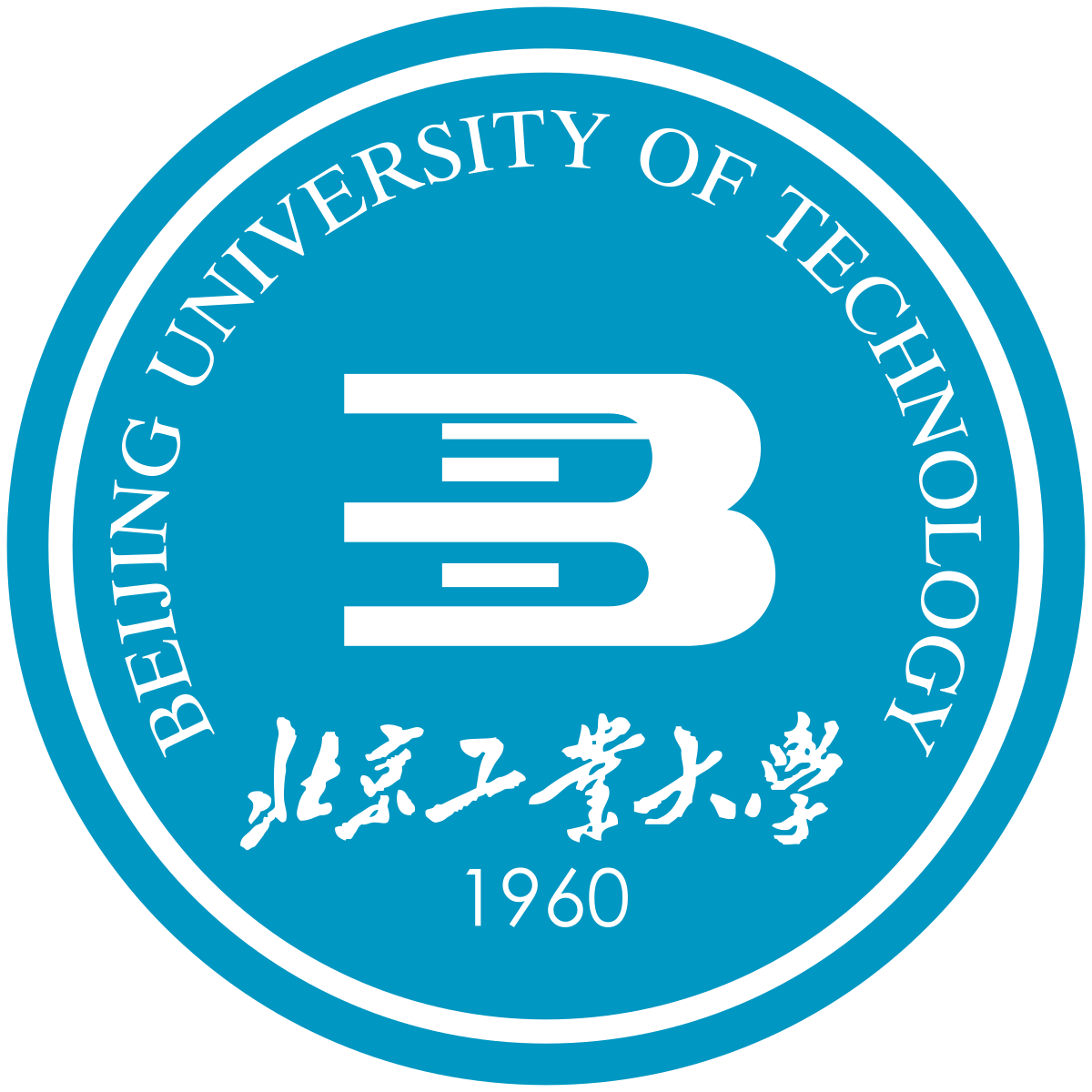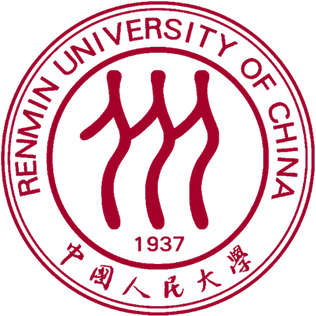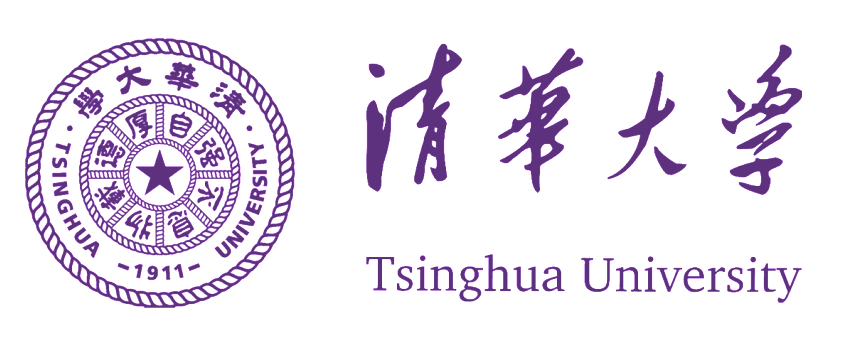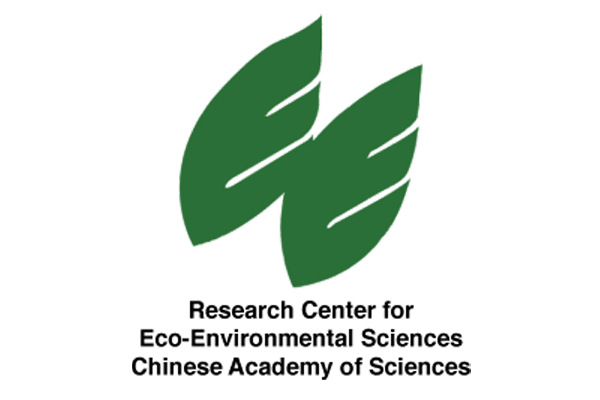
PEPcat
Energy-efficient advanced oxidation for removal of organic substances in wastewater through
Plasmonically
Enhanced Photocatalysis
Wastewater purification via sunlight in Aachen and Beijing?
The Institute for environmental engineering (ISA) and the Institute of Biology V - Department of Ecosystem Analysis of RWTH Aachen University test a novel oxidation process for water purification together with AMO GmbH (Aachen), Coatema GmbH (Dormagen), UMEX GmbH Dresden (Dresden) and HOLINGER Ingenieure GmbH (Merklingen) as well as the Beijing Capital Company Ltd. (Beijing, China). The aim is an enhanced elimination of organic trace substances, e. g. pharmaceutical residues that are only retained insufficiently during standard sewage process. The coating technology, which will be developed during the project, is called “PEPcat”. It allows post treatment of waste water effluents via sunlight using almost no energy or chemicals in case of success. During the demonstration project for investigating this plasmonically enhanced photocatalysis with sunlight, experiments will be performed using waste water at the sewage treatment plants in Aachen-Soers and Beijing Dongba. This project is special for implementing directly the small-scale research of PEPcat to the industrial production-scale. The project partners thank the Federal Ministry of Education and Research of Germany for funding as part of the funding programme “CLIENT II - International Partnerships for Sustainable Innovations”.
